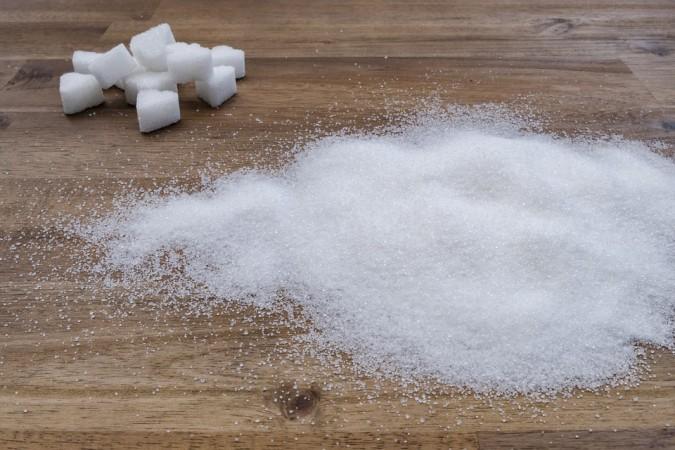
Sugar coma is not a 'myth', it happens for real and now there's a study to prove it.
If you have ever felt a little sluggish after having sugar, that's what it is. At that time you feel the effects of a sugar crash, which may slow your brain down.
Until now, 'sugar' was linked to tooth decay and a number of other physical health issues but now, scientists in New Zealand have found preliminary evidence that simple sugars like glucose can impair cognitive performance.
The research recently published in the scientific journal Physiology & Behavior showed that glucose-containing sweeteners were linked to reduced attention and response times.
"I am fascinated by how our senses influence our behaviour and affect our everyday lives," said study author Mei Peng, a lecturer in sensory science at the University of Otago. "In particular, how sugar consumption might change the way our brains work. In the case of sweetness perception, we have evolved to favour this taste."
The latest research studied 49 individuals who consumed sweetened drinks containing either sucrose (table sugar), glucose, fructose (fruit sugar), or sucralose (an artificial sweetener) before completing three cognitive tests.
The three tests included simple response time task, a measure of arithmetic processing, and the Stroop task. During the testing, the participants' blood glucose levels were measured.
Researchers found that the participants who had consumed glucose or sucrose performed worse on the cognitive tests than those who had consumed fructose or sucralose.
"Our study suggests that the 'sugar coma' – with regards to glucose – is indeed a real phenomenon, where levels of attention seem to decline after consumption of glucose-containing sugar," Peng told PsyPost.
They also noted that the effect was amplified among participants who had fasted for 10-hours before the study.
"While the sample size is relatively small, the effect we observe is substantial," Peng told PsyPost. "Future research should further quantify how different brain regions change after sugar consumption – by using neuroimaging techniques. This will help us better understand how attention deficits arise after glucose consumption."
"As food is becoming increasingly diverse, accessible and delicious, it is important to conduct more research in this area to understand food choices and eating behaviours," she added.
















